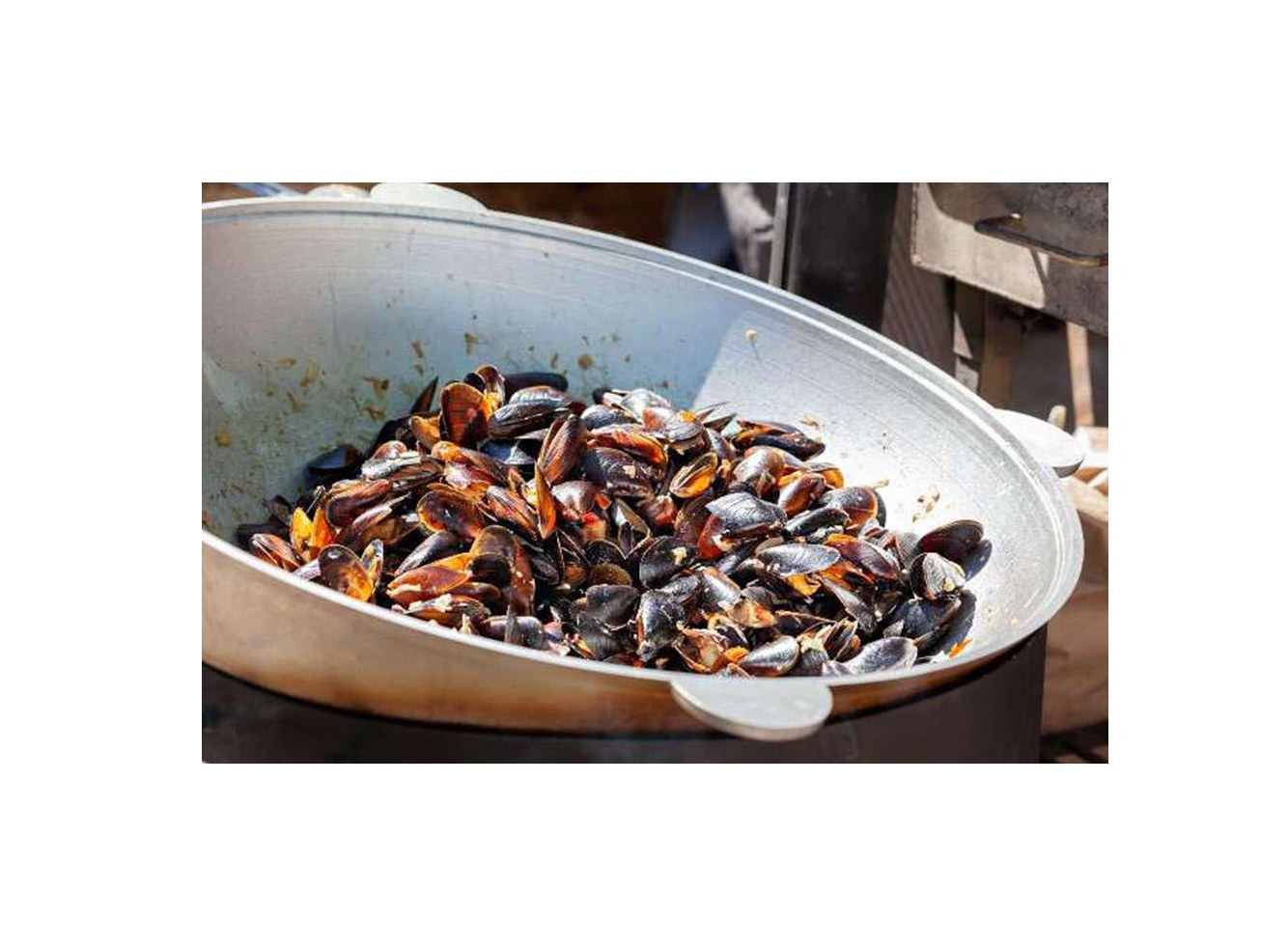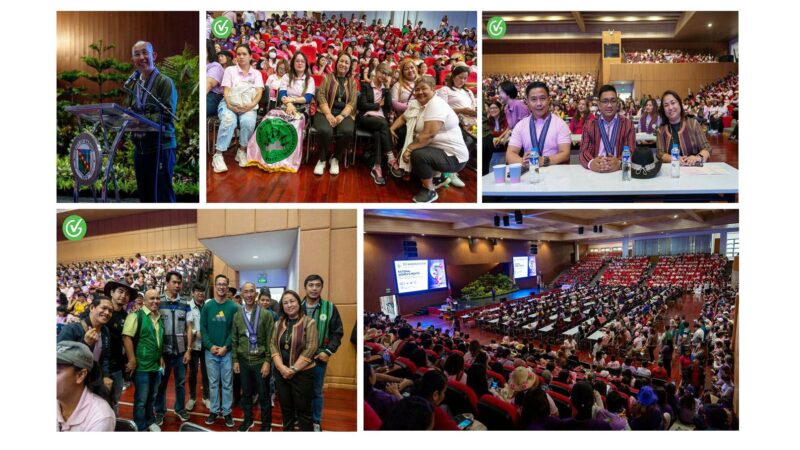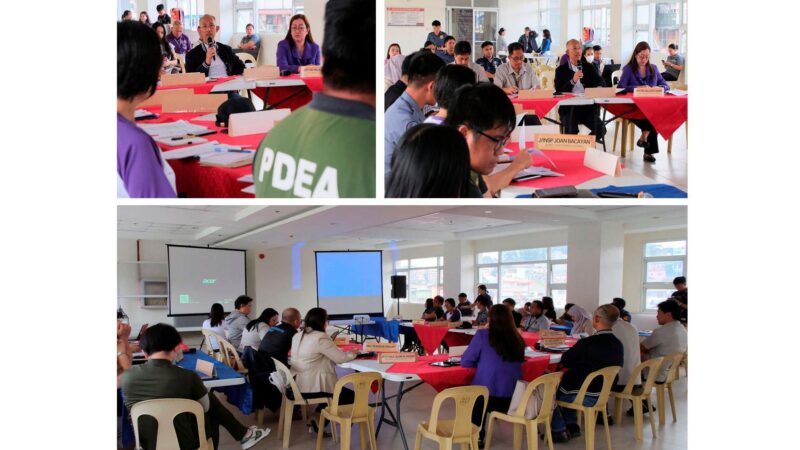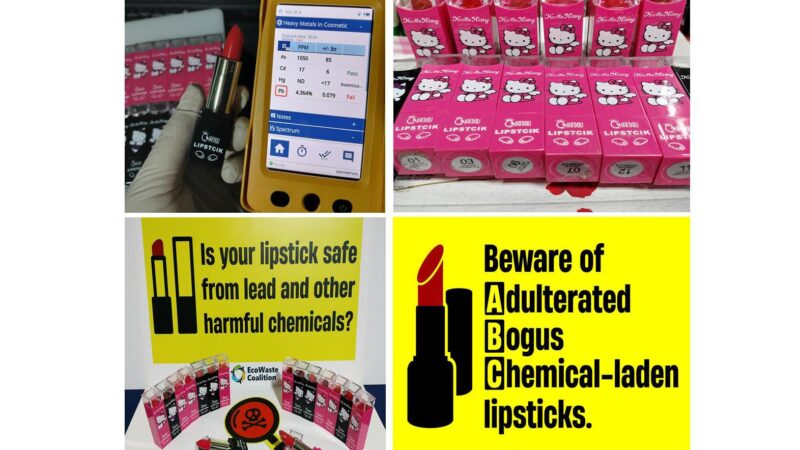Hepatitis A in Philippine shellfish is unchecked, scientists warn

In Photo: Little research has been done on the impact of traditional cooking methods in Philippine households on the survivability of the Hepatitis A virus (HAV). PHOTO CREDIT: Julia Filirovska/Pexels.com
Not much is known about the extent of Hepatitis A virus (HAV) contamination among Philippine communities, according to researchers, prompting an urgent call for further research and monitoring efforts.
Scientists from the Ateneo de Manila University, the University of the Philippines, Monash University Malaysia Selangor, and the Philippine Bureau of Fisheries and Aquatic Resources noted that little is known about how HAV spreads through local communities via commonly cultivated shellfish such as oysters and mollusks.
Lack of public awareness
The researchers warned that although the wider Philippine public is aware of the dangers from other food safety concerns such as “red tide,” there is little public awareness of the dangers from HAV and other viruses.
The HAV spreads to people through food and water that has been contaminated by fecal matter from infected animals that have not been cleaned and cooked properly. The risk of getting the HAV is particularly high from ingesting poorly prepared shellfish such as oysters and mussels, since these animals are filter feeders that process large amounts of potentially contaminated water. The virus can also survive for up to ten weeks inside shellfish, greatly increasing the possibility of spreading and further contamination.
‘Farm-to-fork’ unknowns
There are many points of possible contamination in the supply chain, from shellfish farms to cooking practices. On one end of the chain, farms are often located in shallow coastal areas near industrial and residential zones where there is a high potential for contamination. On the other end, much is also unknown about how traditional preparation and cooking practices such as steaming or boiling affect the survivability of HAV. The scientists urged further research into these large gaps in our understanding of the “farm-to-fork” supply chain.
Moreover, there are no adequate monitoring and assessment regulations in place to check the spread of HAV, the scientists warned. Currently, the Philippines assesses shellfish safety by testing for bacteria such as E. coli and salmonella. However, such tests do not adequately reflect the presence of HAV and other viruses. There are also no consistent monitoring programs for HAV in local shellfish and the environment, hampering the early identification of potential outbreaks. (PR)
SOURCE:







